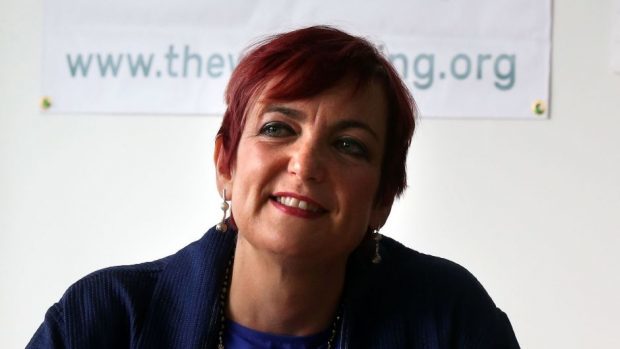Scotland is becoming a “more tolerant place”, with fewer than a quarter of people believing there is “good reason” to be prejudiced.
The Scottish Social Attitudes Survey showed 70% of Scots want to banish prejudice altogether – but it also shows discrimination still lingers in society.
More than four out of 10 people believe Scotland would “lose its identity” if more Muslims moved to Scotland, while 35% believe the same would be true in relation to black and Asian immigration.
Almost a third of Scots would be unhappy if a family member formed a relationship with a traveller, with that figure jumping to 39% if the same were the case if it were someone who cross-dresses.
Releasing the figures yesterday, Cabinet Secretary Angela Constance said the government would “work tirelessly” to eradicate prejudice.
She said: “These figures show clearly that Scotland is becoming a more tolerant place and therefore a better place to live for us all.
“That is good news and we can be proud of the progress we have made.”
She said “discriminatory attitudes” were falling across the country – and said “more people than ever before” recognise the “positive impact” of immigration.
But she added: “While any kind of prejudice still exists we cannot afford to be complacent and this survey also shows there are areas where, as a welcoming and tolerant nation, we must challenge ourselves to do more.
“No-one in Scotland should face discrimination and we will work tirelessly with communities and partners up and down the country to eradicate any form of intolerance where it still exists.
“Absolutely everyone deserves to be treated with dignity and respect – there are no exceptions.”
The survey was conducted during 2015, exactly five years after the last assessment.
Susan Reid, research director at ScotCen Social Research, who produced the document, agreed there was a “marked decline” in discrimination since 2010.
She added: “A large part of this is down to a significant decline in negative attitudes among the over-65s.
“Although older people are still more likely to express prejudiced views, the age gap has narrowed since 2010.
“This is a positive step towards a more inclusive Scotland.”
